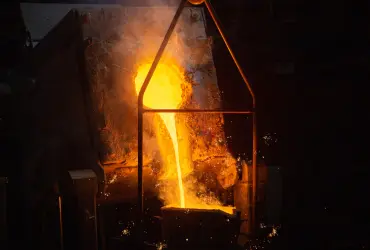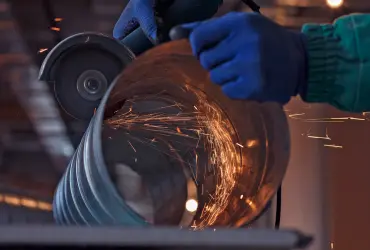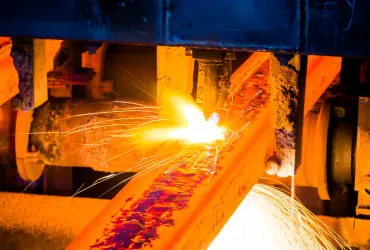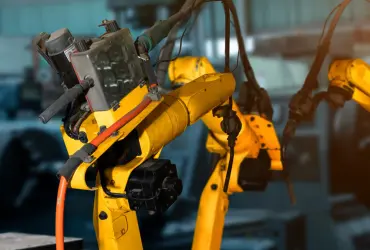Turn All Business Travel Into a Holiday
with a Team That Understands
What You Need
Upcoming Trade Shows in Germany for Metal Working Industries

Tube 2026, Düsseldorf, Germany
13 - 17 Apr 2026

wire 2026, Düsseldorf, Germany
13 - 17 Apr 2026

METPACK 2026, Essen, Germany
5 - 8 May 2026

AMB 2026, Stuttgart, Germany
15 - 19 Sep 2026

Aluminium 2026, Düsseldorf, Germany
6 - 8 Oct 2026

EuroBLECH 2026, Hannover, Germany
20 - 23 Oct 2026

THERMPROCESS 2027, Düsseldorf, Germany
21 - 25 Jun 2027

GIFA 2027, Düsseldorf, Germany
21 - 25 Jun 2027

METEC 2027, Düsseldorf, Germany
21 - 25 Jun 2027

NEWCAST 2027, Düsseldorf, Germany
21 - 25 Jun 2027

Blechexpo 2027, Stuttgart, Germany
26 - 29 Oct 2027

EUROGUSS 2028, Nurnberg, Germany
18 - 20 Jan 2028

SCHWEISSEN & SCHNEIDEN 2029, Düsseldorf, Germany
17 - 21 Sep 2029

METAV, Düsseldorf, Germany
Coming soon

EMO Hannover, Hannover, Germany
Coming soon
The German metalworking industry is heavily reliant on the production of pig iron, steel, and ferroalloys. In recent years, steel prices have driven industry turnover growth, which averages an impressive 3.8% increase per year since 2019, only to reach €50.6 billion. However, it’s crucial to acknowledge how a shifting economic landscape is now testing the industry’s resilience and adaptability. Since 2020, the metalworking industry in Germany has been hit by several external shocks. The coronavirus pandemic disrupted supply chains and labour availability, while global trade tensions made exports more challenging. Additionally, the 2022 conflict in Ukraine led to sharp rises in energy costs as electricity and gas prices soared and created considerable strain on this energy-intensive industry. These factors forced German steel producers to implement cost-cutting measures, often passing the burden onto customers or reducing production levels.
Looking at 2024, the industry faces further setbacks. The European Central Bank’s high-interest rates are suppressing demand in the construction sector, one of the primary consumers of steel products, leading to an anticipated 5.7% decrease in industry turnover. Steel prices, which reached peaks in recent years, are also expected to decline in 2024. Over the longer term, structural shifts could weigh heavily on the industry. With environmental regulations tightening across the EU, German metalworking firms are compelled to invest in equipment modernisation to reduce carbon emissions. Compliance with these regulations, however, is costly. Smaller companies, in particular, may struggle to meet these demands, which could lead to a wave of industry exits or consolidations over the next five years.
The industry is also contending with a growing preference for lightweight construction materials in the automotive and aerospace sectors, driving demand away from traditional steel towards aluminium and other advanced materials.
GET A FREE QUOTE
Looking for a hotel accommodation for particular trade show or exhibition.
Send us a general enquiry and we will find the best options for you
Send us a general enquiry and we will find the best options for you